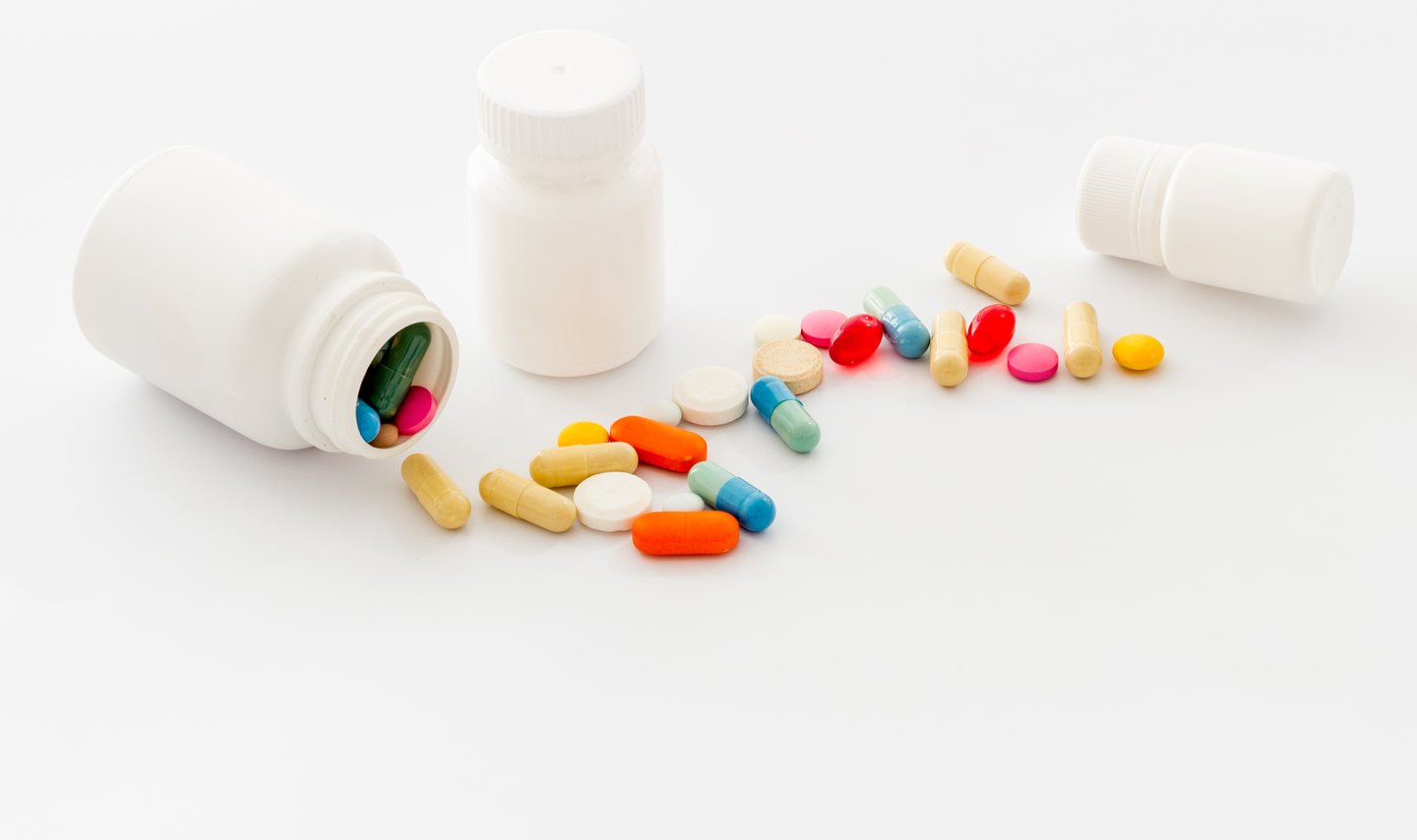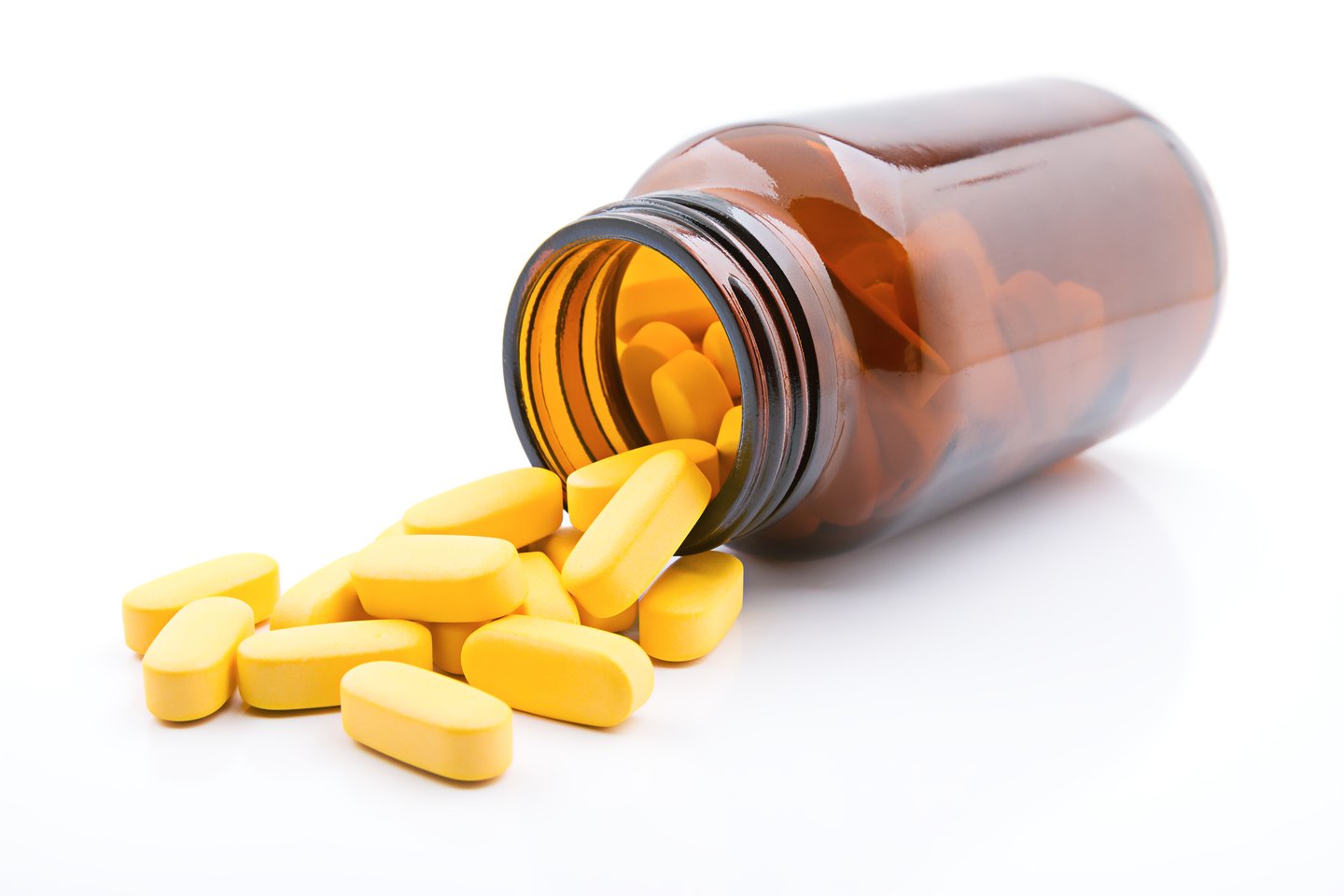There are some tough-love lessons to be learned from the events of the past year
An aging population combined with increasing numbers of people diagnosed with chronic diseases are among the top factors set to influence innovation in the generics drug market in 2023. To position themselves to capitalize on this opportunity, generics drug companies have been quietly expanding their reach into untapped markets, beefing up R&D and acquiring competitors at a healthy clip.
This collective result has enabled companies to start off the year with several new drugs. Generics companies such as Aurobindo, Fresenius Kabi, ANI, Camber and Alembic generated industry buzz when they announced the approval of several key medicines by FDA early this year.
But while most indicators point to generics sales rising this year, experts say the economic and logistics problems the industry experienced in 2022, if not resolved, potentially stand to eclipse this growth potential.
A look back
John Dillaway, executive vice president for Parsippany, N.J.-based Ascend Labs, is among those who believe many of the issues that came into play last year will influence growth opportunities in 2023. “Without a doubt, 2022 was an interesting year,” said Dillaway. Several factors, including the turbulent economy, he noted, pushed many businesses, including generics, into uncharted waters.
“After unprecedented deflation in 2020 and 2021 many believed the rates of deflation would revert to more historical norms but that didn’t happen,” Dillaway said. “Each time it appeared that things were starting to stabilize, they would begin to drop again.”
[Read more: AAM applauds CMS for requiring health plans to place generic drugs on tiers]
Dillaway continued, “What’s surprising is that given all the traditional costs generic manufacturers face and considering the new costs from Track & Trace, Stewardship Programs and DEA and Opioid fees this rate of deflation is not sustainable and yet it keeps occurring.”
Dillaway said at times it has been upsetting to see the amount of investment made in gaining a new approval for what many times is a lifesaving or life prolonging medicine being sold for well underneath its value and often at loss. He also pointed out that companies have already started to see the fallout from this, including lower revenue and earnings results, lower stock prices and a market flooded with short-dated product sales. “The industry handled these challenges poorly and my guess is that we will begin to see companies either fail or be acquired by stronger, smarter ones,” said Dillaway. “The bottom line is that the current model we face is not a healthy one.”
The impact that government policies have had on the industry during the past several years cannot be underestimated, said Marc Kikuchi, chief executive officer, Dr. Reddy’s Laboratories North America Generics located in Princeton, N.J. The effects of the 2022 Inflation Reduction Act, which allows Medicare to negotiate drug prices and how costs are allocated, are already being seen, he noted.
Likewise, Kikuchi said, the Affordable Care Act has also left a mark on the industry. “It has been nearly 10 years since its passage and its impact on the industry has been complex to say the least, with the uninsured rate falling nearly eight percent, while at the same time, we have seen an acceleration in the use of deductibles for pharmacy benefits which reduced margins.”
[Read more: Amazon Pharmacy intros RxPass for generic medications]
Supply chain challenges
In addition to concerns over deflation, generics companies worry about the continued fallout from the global supply chain crisis witnessed last year.
Paul McMahon, president, APUSA Oral Solids Division of Aurobindo Pharma USA, East Windsor, N.J., said the shortages affecting every industry have forced companies to consider new strategies for alternative materials procurement and transportation methods.
“After three years of Covid, the industry has been severely impacted, and demand dislocation has been difficult to predict, most recently resulting in the antibiotics shortage due to the higher than anticipated cough/cold/flu season,” said McMahon.
Stepped up facility inspections by the FDA have created further supply disruption, he noted.
Dr. Ram Chakroborty, president of Bajaj Medical in Chicago, said if there is one thing the pandemic validated it is the strength of the pharmaceutical industry to rapidly provide quality drugs and treatments to protect and help prevent the spread of Covid. “Generic Rx companies offered lower cost drugs to the marketplace during periods of major shortages in the supply chain,” said Chakroborty.
At the same time, Chakroborty and others pointed to the long-term repercussions from out-of-stock issues experienced in 2022. “Like many, we were surprised that the industry was unable to keep the shelves stocked. Respiratory illnesses were extremely prevalent last year – between new strains of COVID-19, Influenza, RSV, and the common cold, and we witnessed other makers of antiseptics, cough and cold medicines not able to keep up with demand.” Many consumers, he noted, lost faith in drug companies as a result.
Bajaj Medical’s products are made in the U.S., a factor the company said helped them to fill all orders on time and in full. Other companies, he noted, were not as capable and experienced significant fulfillment issues. “The key lesson of 2022 was supply chain hardening. This year, companies will need to work hard to gain back consumer trust,” Chakroborty said.
[Read more: 12 exciting generic introductions that recently hit the market]
Kikuchi pointed out that many important supply chain lessons were learned during this period but said the most important is that even though we can learn from the past, we still cannot predict the future. “We have implemented many new processes to protect ourselves against the uncertain supply chain issues, and yet our industry still had to manage through drug shortages due to a stronger than expected flu season,” he said.
Adjustments are needed
The metrics of the current business model remain a top concern for generics companies, many of whom say changes are a must for them to remain in business. “Three groups dominate the buy side but it is not uncommon to have 10, 12 and even 15 competitors on the sell side,” Dillaway said. If this model is allowed to remain, generics companies will continue to struggle, he added.
“In the meantime, Ascend will continue to take a logical, ethical approach to the business. We will not follow the crowd off the bridge, and we will not make decisions that may benefit the short term but harm the long term,” Dillaway said. “In my experience being an honest partner is the best way to add value to both your company and your customers.”
For generics to excel in 2023, the industry needs to find a healthy balance of meeting the increasing needs of the nation’s drug supply with a reasonable and sustainable approach from wholesaler and retailer partners that ultimately control if and how that product makes its way to patients, Dillaway added.
One of the biggest disappointments of this past year, noted Kikuchi, was the continued perception that the problem with our healthcare system is generic drug pricing. “The truth is that generics continue to be one of the most affordable, and arguably, the best value, in our healthcare system,” Kikuchi said. “I get frustrated when I see claims and commentary that lump generics manufacturers in with big pharma companies and drug originators.”
Also, he added, there continues to be misperceptions about drug quality, especially with foreign-based companies. “Hopefully, that will change in the coming years,” he said.
[Read more: Gateway Genomics makes DNA-based prenatal, pediatric information accessible]
Feeling seen
Another issue brought to light from the events of the past year is that generics companies are often underappreciated for the critical work they collectively do.
“The industry needs to recognize the value generic drugs bring and work together to solve these issues or risk living with a much weaker generic alternative to high prices,” said Dillaway. “We need to shore up the supply chain on components and API so that we can do what we do best -- make quality medicines that help people stay or get healthy and save them money in the process,” said Dillaway.
McMahon believes generics companies should be heralded for what they do and looked to as part of the solution for our nation’s health care system. “I would like to see the industry recognize the critical work we do in collectively producing nearly 90% of the nation’s drug supply, saving, sustaining, and improving lives of tens of millions of Americans, and more often than not for just pennies per pill.”



